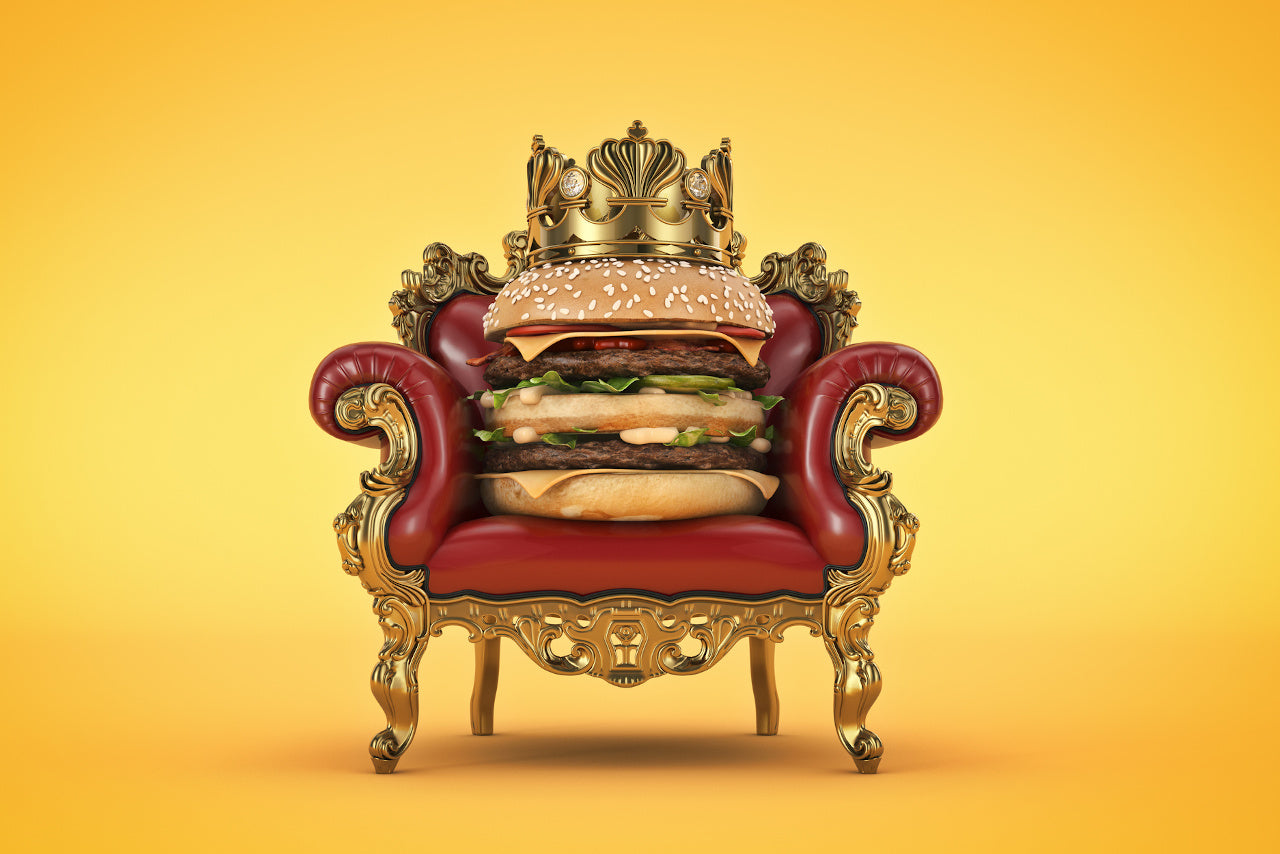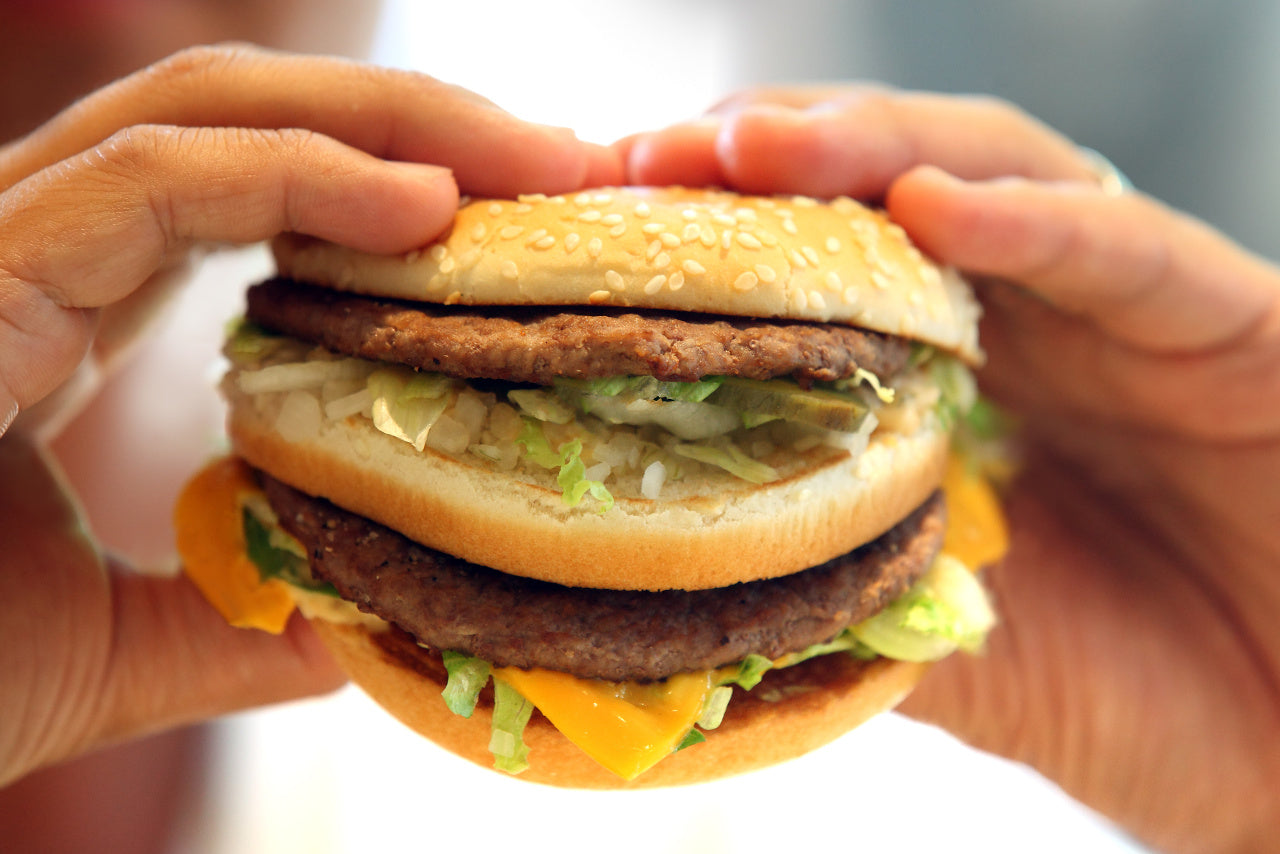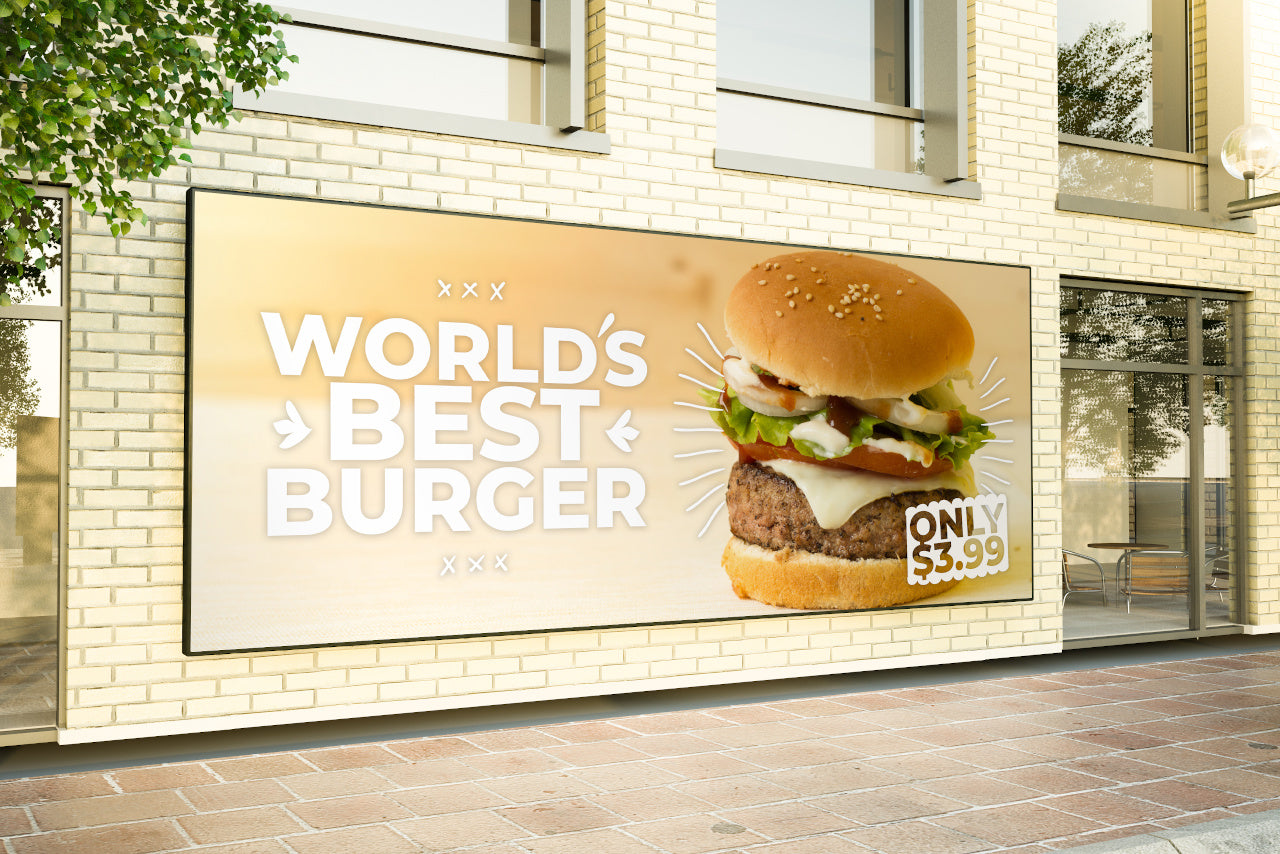
Why meat might not be all it’s marketed up to be
Eating meat is manly!
*cue consumption of unhealthy amounts of meat*
...or so we’ve been led to believe.
What would you say if we told you this might not be true?
Nutrition-based studies show even the odd meat-based meal may be doing more harm than good. It can affect your overall health and well-being in and out of the bedroom...and it’s certainly not the best source of energy.
It’s time to debunk this myth once and for all, so join us today as we explore the shocking facts about meat and why a more natural diet may hold the key to good health.
Let’s jump right in...
What is the myth, anyways?

Myths about meat have circulated for decades. So long, in fact, that we’re conditioned to believe a meat-based diet is better for us; better for our health, and better for our energy levels. But that’s all they are, myths!
Myth #1: Eat more meat, have more energy
Have you ever felt sluggish after eating a meat-heavy meal? There’s a reason for that!
Our bodies use more energy to digest meat than plants because animal calories stay in our gastrointestinal tract for longer. As plants are high in fibre, they exit our systems faster, resulting in less energy spent digesting.
Surely we’d rather use our energy on something more productive than just digesting food.
Myth #2: Real men eat meat!
There’s nothing manlier than a Gladiator…
...so did you know they are a predominantly plant-based diet?
A study on Gladiators found high bone mineral density, revealing that their diet was mostly wheat, barley, and beans, and they ate very little (if any) dairy and meat. This explains their nickname ‘Hordearii’ - meaning Barley Men.
And Gladiators weren’t known for their lack of energy!
Myth #3: Meat is the best source of protein
We recently explored Netflix’s ‘The Game Changers’ documentary.
What it found may surprise you:
The average plant-eater typically gets 70% more protein than they need.
We’re finally learning that meat is not the be-all-end-all when it comes to protein and building muscle. We need protein for recovery, while we can get much more energy from plant-based carbohydrates and healthy fats.
We could debunk these myths all day, but we’d better carry on.
What’s behind it?

No one woke up one day and decided men thrive off steak, burgers, grills, and barbecues…
...it’s mostly a well-delivered message from highly-paid marketing teams.
Meat, especially red meat, has symbolised masculinity for centuries. This message is thrown at us left, right, and centre. Movies, TV, advertising - wherever we see it, muscular men are always shown to be big meat-eaters.
It’s unlikely we’ll see a ‘manly’ man devouring a bowl of leafy greens.
We’re slowly redefining what it actually means to be a man, but we have a ways to go!
5 Reasons why it’s more marketing than myth
When we look past the marketing, we learn the real facts about meat-based diets.
Marketers don’t tell us what we really need to know, like these 5 little-known facts:
- Eating meat results in higher levels of fat in the blood, which impairs energy levels.
- Many world-class athletes eat a plant-based diet. Vegetarianism and veganism certainly haven’t made them any less masculine!
- Protein is an over-marketed nutrient that isn’t our best source of energy. We still need it and - guess what - we can get all we need and more from a plant-based diet.
- Animal products are bad for our manhood. Chicken, eggs, and dairy can mess with hormone levels. Just drinking milk can increase a man’s estrogen levels by 26% and drop testosterone levels by 18% in just one hour. Not so manly after all, huh?
- Meat-based diets are high in cortisol, our stress hormone. Too much cortisol can result in decreased muscle mass and increased body fat. Research shows those who replace animal foods with high carbohydrate plant foods experience an average drop of 27% in cortisol levels.
Meat gives you energy? Myth, busted!
With so much research highlighting the benefits of adopting a plant-based diet...
...we can say with certainty that meat and energy don’t go hand-in-hand.
If you’ve developed issues in the bedroom, you may want to consider eating libido-boosting foods, embracing a plant-based diet as well as a natural supplement. It's a fast-track to higher energy levels and improved sexual performance!
